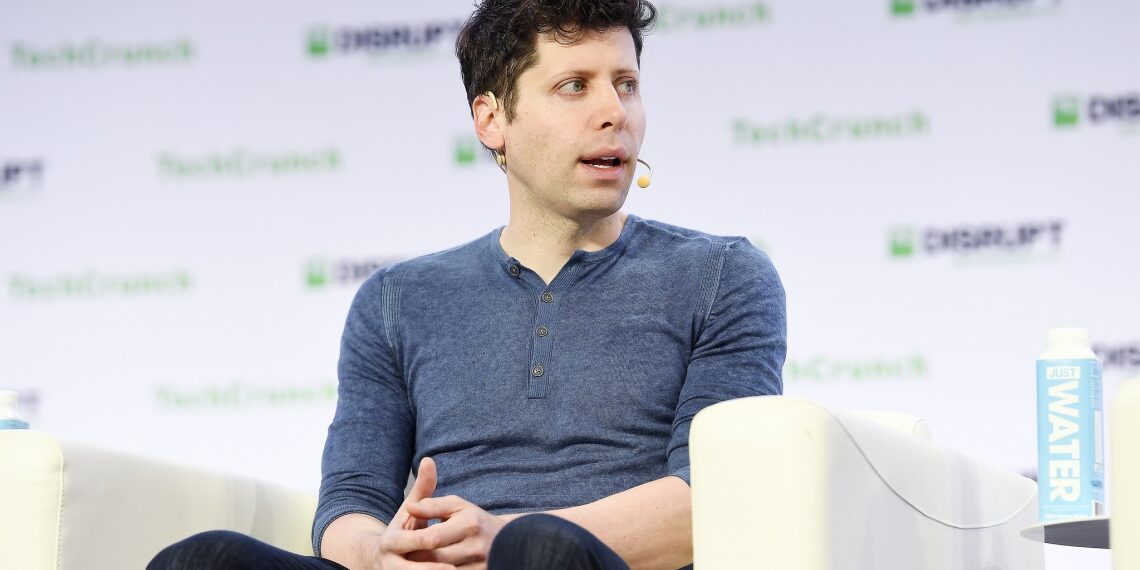OpenAI’s ChatGPT, a popular generative AI language model, experienced a significant decline in traffic and downloads in June. This unexpected drop has sparked concerns among AI enthusiasts and raises questions about the limitations of this technology. Developed by OpenAI, ChatGPT unleashed a wave of interest in artificial intelligence when it launched last year, prompting major technology companies to compete with similar tools. People from various fields, including coders, office workers, and students, have relied on this chatbot to enhance productivity and seek answers to diverse subjects. However, the decline in usage suggests that the hype surrounding chatbots may have been overstated as the flaws and constraints of this technology become more apparent.
Sachin Dev Duggal, CEO of Builder.ai, says that the initial excitement surrounding ChatGPT faded when users encountered instances of the chatbot providing inaccurate information. Despite its impressive ability to engage in complex conversations, compose poetry, and even pass professional exams, the widespread adoption of this technology may not be as practical as initially anticipated. According to UBS analysts, ChatGPT had around 100 million monthly users within its first two months, leading tech pundits to deem it the fastest-growing consumer app in history. This rapid ascent triggered fierce competition among industry giants like Google and Microsoft, who recognized AI as the upcoming computing revolution set to reshape digital interactions. Consequently, substantial investments are poured into AI, with companies restructuring their entire operations around this technology. Meanwhile, regulators are scrambling to comprehend and establish laws to prevent any potential misuse that may harm individuals.
Despite the initial fanfare, the flaws inherent in generative chatbots like ChatGPT have become increasingly evident. These chatbots often fabricate false information, a challenge for OpenAI, Google, Microsoft, and other AI leaders who are yet to find a solution. Furthermore, users have observed a decline in the quality of ChatGPT’s responses over time, especially when generating computer code. Concerns have also emerged about data security, leading many companies to prohibit employees from using ChatGPT due to the risk of potential data breaches.
Obviously, another contributing factor to the decline in usage could be the end of the school year in the United States and Europe, as students who heavily relied on ChatGPT for academic purposes are now on summer break. Additionally, some speculate that OpenAI and other AI companies may have curtailed the capabilities of their chatbots to comply with looming regulations and address concerns from politicians who fear the spread of misinformation and biased technology which may affect employment opportunities for real people.
As the AI industry grapples with these challenges, Generative AI’s future remains both in-demand and murky. However, ongoing efforts to find solutions to problems is an assurance that this technology will continue to evolve and shape the digital landscape for years to come.
The whytry.ai article you just read is a brief synopsis; the original article can be found here: Read the Full Article…





